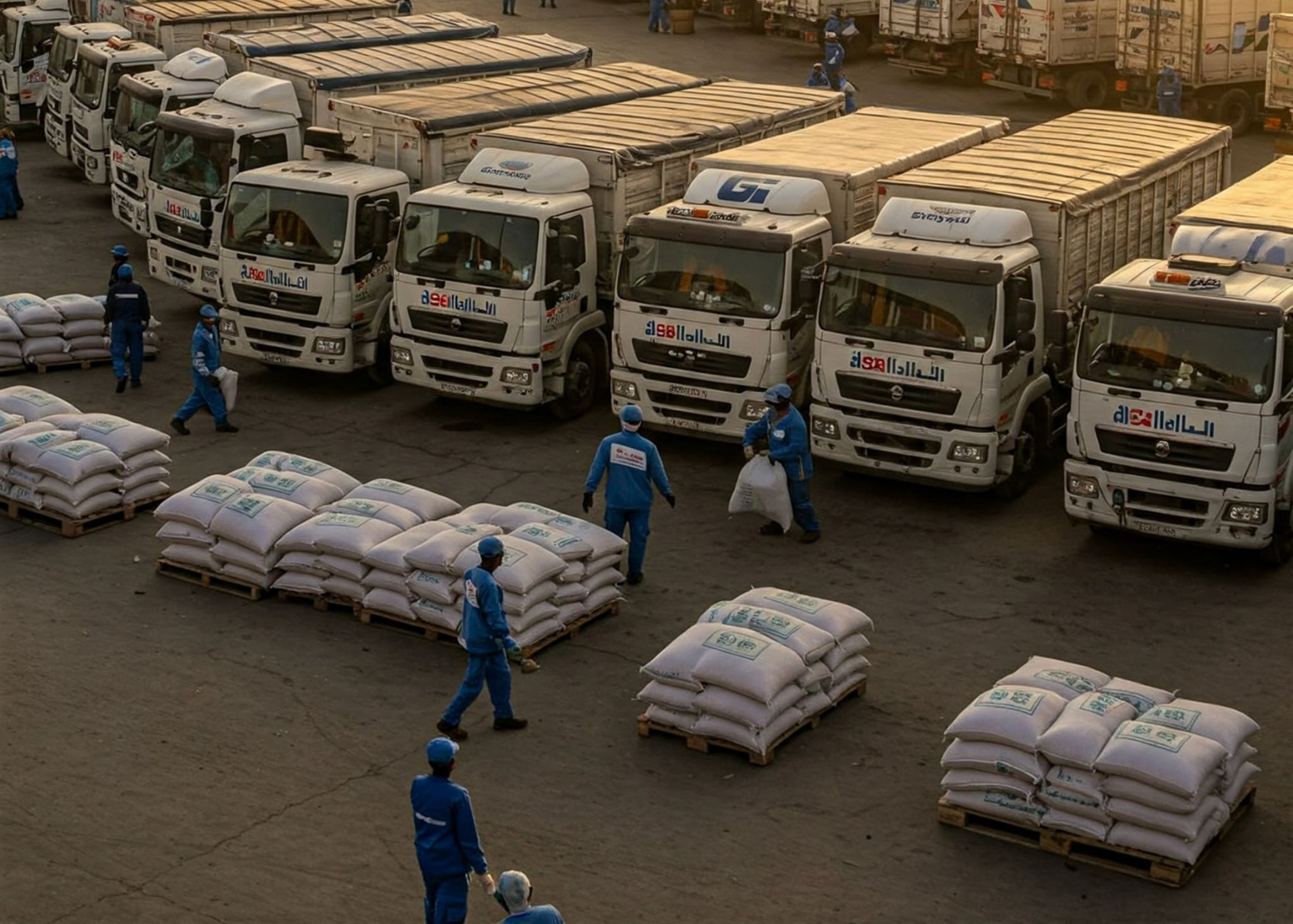News in Brief:
– Egypt has achieved sugar self-sufficiency in 2025 due to expanded cultivation and government incentives, eliminating the need for imports and boosting food security.
– This milestone places Egypt among other African nations striving for greater agricultural independence and economic resilience.
Egypt’s agricultural ministry has announced that the nation has successfully achieved complete self-sufficiency in sugar production for the current year, 2025.
The country’s total domestic output surpassed three million metric tons, eliminating the necessity for sugar imports starting next year.
The landmark achievement is attributed to a significant expansion in the cultivation of sugar crops, particularly sugar beets, and targeted government initiatives.
Land dedicated to beet farming grew substantially from approximately 600,000 feddans (a feddan is approximately 1.038 acres) in 2023 to over 780,000 feddans in 2025.
Government initiatives, including more favourable pricing for farmers, with purchase prices rising to EGP 2,500 per ton for sugarcane and EGP 3,000 per ton for sugar beets, also played a crucial role in encouraging increased production.
Record harvest boosts domestic sugar supply
The year’s harvest yielded around 620,000 tons of sugar from sugarcane and approximately 2.5 million tons from sugar beets. These figures represent a considerable surge in production compared to previous years, marking Egypt’s first attainment of sugar self-sufficiency in decades.
Egypt has committed commendable efforts to the sugar sufficiency goal, with strategic actions that involve diversifying sugar production sources from only sugar cane to sugar beets, and increasing investment in farming. As of 2021, the country had already achieved 90% sugar self-sufficiency.
Economic and food security implications
Agricultural authorities highlight that this development is expected to alleviate pressure on the country’s foreign currency reserves by removing the need for costly sugar imports.
It is also anticipated to bolster national food security and contribute to price stability for sugar within the domestic market.
Egypt’s achievement is a significant step towards greater food independence. Several other African nations have also made strides in reducing their reliance on imported sugar.
For instance, Nigeria secured a $1 billion investment through a partnership with Chinese SINOMACH to boost its self-sufficiency in sugar production.
The Memorandum of Understanding (MoU) will see the National Sugar Development Council (NSDC) and SINOMACH focus on jointly developing a large-scale sugarcane cultivation and processing project in the country.
Countries like Sudan and Eswatini have historically been significant sugar producers, often with surplus capacity for export. Mauritius and South Africa also possess well-established sugar industries that largely meet domestic demand, although they may still engage in some level of international trade.



